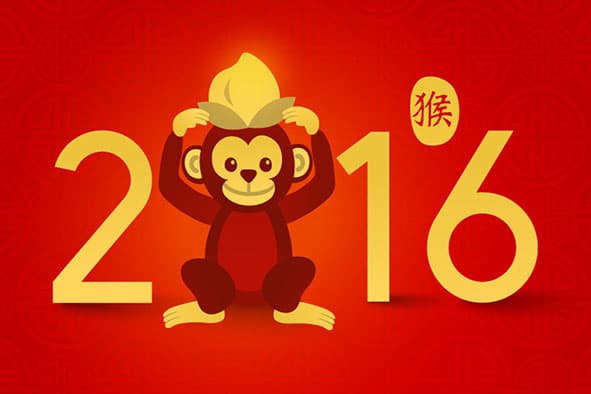By Mark Baber
February 15 – As Chinese New Year is celebrated across the globe, it is increasingly clear that the 2015-16 transfer window, closed in Europe but still open in China, marks the emergence onto the world stage of a major new football superpower and the beginning of the concrete realisation of the aims expressed by Chinese President Xi Jinping in 2011: for the People’s Republic to qualify for, host and finally win the World Cup.
Chinese Super League clubs are already way ahead of the Premier League in their spending during this transfer window, putting them in first place in the world.
Jiangsu Suning paid £25 million for Chelsea’s former Brazilian international Ramires and £35 million for Alex Teixera. Guangzhou Evergrande paid £32 million for Jackson Martinez from Atletico Madrid. Other big money transfers include Roma Forward Gervais Yao Kouassi’s move to Hebei China Fortune and Fredy Guarin’s move to Shanghai Greenland Shenhua.
With Jose Mourinho and Jorge Mendes having travelled to Shanghai in January, rumours of further “Chinese take-aways” in the pipeline include the Manchester United duo Juan Mata and Marouane Fellaini. Among other reported targets of interest for Chinese clubs are John Terry, Loic Remy (albeit denied by Guus Hiddink) and former Inter Milan striker Obafemi Martens, who is now plying his trade with the Seattle Sounders.
On top of all the transfer activity, in recent months we have also seen acquisitions of Dutch club ADO Den Haag, Sochaux of France, Spain’s Espanyol, 20% of Atletico Madrid and 13% of Manchester City by Chinese interests.
Whilst the growth of Chinese influence may be compared to similar increases in investment from the Gulf or from the USA, or viewed as a natural rebalancing as an emerging superpower takes its place in the football firmament, the nature and speed with which China is making its presence felt marks a new era for the game.
President Xi Jinping declared in 2014 that by 2025 China would be the world’s biggest sports economy. Football is, along with basketball, China’s most popular sport and what we are seeing now is both an expression of soft power backed by the resources of the Chinese state and the concrete realisation of Xi’s policy.
Contact the writer of this story at moc.l1745055658labto1745055658ofdlr1745055658owedi1745055658sni@r1745055658ebab.1745055658kram1745055658


